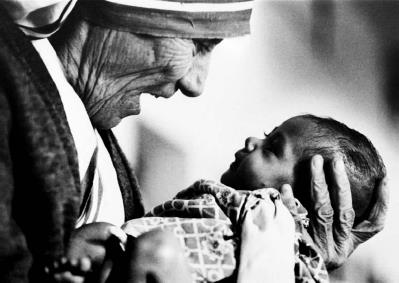The Great Awakening was an American religious movement that began in New England in the mid-1730s. At its center were the fire-and-brimstone sermons delivered by charismatic preachers such as Congregational minister Jonathan Edwards (1703–1758) and Anglican missionary George Whitefield (1714–1770). Revivals were another cornerstone of the movement: These were evangelistic meetings that moved around the countryside, from Maine to Georgia, converting (or awakening) people to Christianity—not through the doctrines of the church, but rather through the individual’s own experience. The theology of the Great Awakening was Calvinist, stressing the depravity of man and the sovereignty of God and promoting the belief that faith, and not conduct, is the road to salvation. In its emphasis on the individual and its espousal that the individual is the final arbiter of truth, the movement had a profound effect on the spiritual and political character of what would soon become the United States. Since many vehemently opposed the movement, it also served to divide churches between the revivalists and the traditionalists. Thus, it diversified American religious life and promoted religious tolerance.

Mother Teresa, as head of the Missionaries of Charity order, cradles an armless baby girl in Calcutta, India, 1978.

